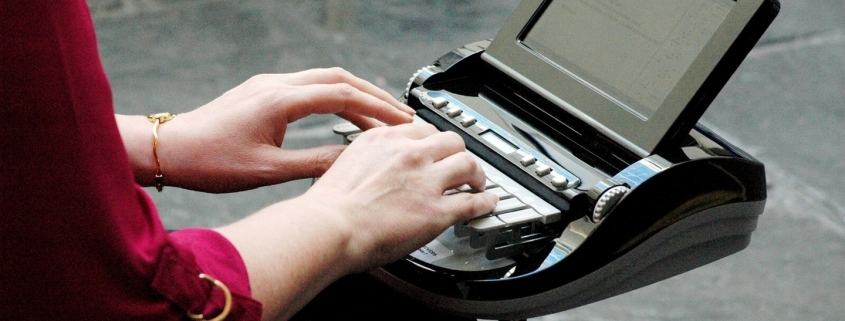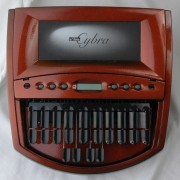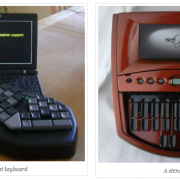Everything you need to know about stenography
You’ve probably heard of stenography, but if you haven’t or the only thing you know about it is it has something to do with the person sitting in a courtroom writing everything down, then this short article is for you!
What is stenography?
Stenography is all about recording what is being said as quickly and as accurately as possible.
It’s mostly used in a courtroom or legal setting, ensuring that everything is being transcribed for the record. This is important because crucial decisions are being made on what is said during trials, depositions, and arbitrations.
Stenography is the use of a complicated machine to record all this information, and people who are specially trained to use these machines are called stenographers.
Stenographers are not just restricted to the inside of a courtroom.
Stenography is also used for live captioning, the type you’ll find on the 6 o’clock news or press conferences.
It’s also used for deaf and hard-of-hearing students in places of learning to help follow what’s being said in a lecture, classroom, or video conference.
How do stenographers type so fast?
The average typing speed on a normal qwerty keyboard is around 40 words per minute.
Professional typists can average up to twice that, with some excelling at 95 words per minute.
Stenographers can type at an astounding 360 words per minute, with an accuracy rate of 99.8%.
That’s typing as fast as someone is speaking.
So how do they do it?
The answer lies with the stenograph machine itself; it’s not the same as a keyboard.
A regular keyboard produces one character per strike, limiting how fast a person can enter information.
A stenograph, however, works differently.
Instead of typing out the full word, shorthand is used. These shorthand keys are based on how a word sounds rather than how it is spelt. So instead of typing out h-e-l-l-o using 5 strikes of the keyboard, the same word can be written in just two: Hel-O
Each stenographer has their own pre-set list of shortcuts to help them along, with many specific to the industry they work in.
Writing on a stenograph is more akin to playing a piano than typing on a keyboard, ass you can press different keys at the same time to produce different results.
Why would I need a stenographer?
Many companies are now looking to stenographers for live captioning services.
With approximately 1 in 6 people in the UK suffering from hearing loss, as a business, you need to comply with discrimination laws by providing equal access to both your staff and your clients.
In-house meetings, business conferences, and global seminars are great for business but can be difficult for those who are hard-of-hearing.
Live captioning is a way to level the playing field for everyone, while at the same time ensure your company is meeting its obligation when it comes to the law.
The best stenographers at your disposal
121 Captions founder Tina Lannin has been deaf from birth, and so unlike other caption companies, we know the struggle of the hard-of-hearing community.
Tina has built up an impressive team of stenographers over the years, each meeting the highest standards set by the appropriate registration bodies.
We also work with a hand-picked, international network of over 300 professionally-qualified captioners, all of whom are registered and accredited by internationally-recognised professional associations.
121 pride ourselves on a 100% accuracy target, and we’re so confident in our expert’s skills that we offer a no-quibble 100% money-back guarantee. If you’re not happy with our captioning services, we’ll give you your money back.
Contact us today if you would like to know more about our stenography services and we’ll be happy to have a chat about how we can help you.













Small point: “Some [professional typists] excelling at 95 words per minute”
Look, I don’t doubt that stenographers type blisteringly faster than the rest of us do who type letter by letter, but even when I was at school as a kid, none of my peers typed slower than 100wpm; I was typing at 138wpm in year 8 and I certainly wasn’t the fastest typist in my school.
That’s unusual. Typing isn’t taught at school in the UK so most people in the UK don’t have good typing skills.
Some typing firms do offer professional typing services and their typists type at 80wpm, this is done after an event, not live.
Our electronic notetakers type – live for the whole call – at 90wpm.
I’m sure you can type at 100wpm or 138wpm but could you keep it up with consistent accuracy for an hour or 3 hours?
I want to know about stenographer